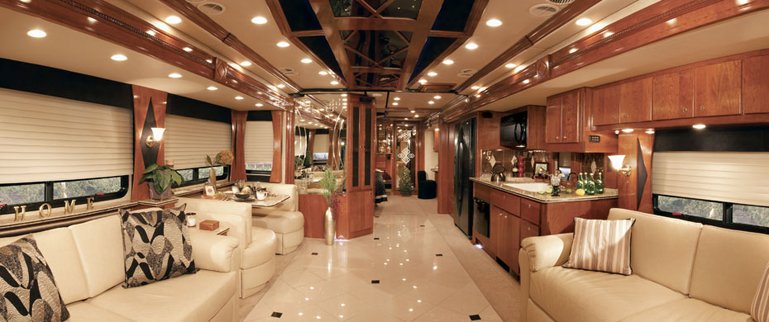Absolutely right a fuse is to protect the wire. Better practise is size fuse to better protect wire and appliances.
If you know exactly what the load will be on a circuit because that circuit is dedicated to a particular load (appliance) and nothing else, then you size the wire to supply that load and nothing else. That's just normal system design so you don't spend too much on copper.
Once you size the wire to service the load, then you size the fuse to protect the wire.
But you are still not choosing the fuse size based on protecting the appliance. You are still choosing the fuse size to protect the wire.
Whether or not a connected appliance ?
Perhaps you mean appliance connected but not switched on ?
Its pointless and needless extra risk to have an energised conductor otherwise connected to nothing ('spare' as example)
Are you sure?

I think it is neither pointless nor needless...and in fact, happens all the time:
So you install that ^, and fuse it for 10a, and then plug in a 5a appliance.
Did you make a mistake? No. Bad design? No. Worst practice? No.
If the appliance needs 5a protection, then it better have its own 5a fuse. The branch circuit fuse is not there to protect the appliance.
Or what about lights? You install many lights in a camper/rv/boat/movie star trailer:
Do you run a separate wire and fuse for each light fixture? Of course not. Normal practice is to aggregate many onto one circuit.
But that ciircuit will have wire (and fuse) that is too big to protect any single light fixture. If you want each fixture protected by a fuse, you have to put a fuse in each fixture - the branch circuit fuse is not there to protect the fixture, it's there to protect the branch circuit wire.
Same with this:
Do you install a separate breaker for each one? Normally no, you put several on one circuit.
But even if you do use a dedicated breaker just for that one receptacle - it's rated for 15a. You use 15a wire, and a 15 breaker.
What if you plug in an appliance that only draws 5a?
The appliance better have its own fuse - the branch circuit breaker won't protect it.
If you have a
dedicated circuit for a
dedicated load - the yes, you size the wire for just that load, and the fuse for just that wire. You can even make it just right to protect the appliance as well if you want to.
But the fuse is still there to protect the wire, not the load.
.jpg)


